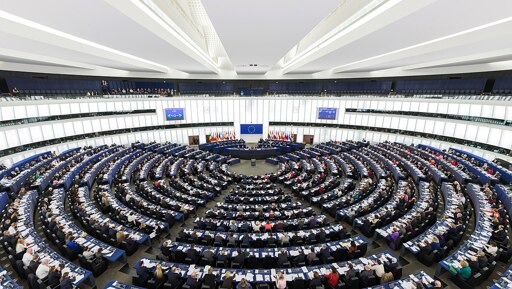cross-posted from: https://lemmy.ca/post/39362667
There is no uniform voting system for the election of [Members of the European Parliament]; rather, each member state is free to choose its own system, subject to certain restrictions:
- The system must be a form of proportional representation, under either the party list or the single transferable vote system.



Unless there is another factor such as weak laws against bribery/corruption, how can legislative lurch happen with proportional representation?
The US is both corrupt and not proportional representation.
That’s mostly what I said. In the US, a few swing voters in a few swing states decide the President. The President has outsized power within the US. This is even more pronounced now that Trump seems to be pushing a veritable Presidential monarchy.
Aside from the Presidency though, with FPTP you tend towards two parties, with power flipping between them. Consider Canada with the Conservatives and the Liberals. Gun registry, no gun registry as an example.
In PR systems, there can’t be the same amount of legislative lurch unless the population at large changes their voting. Even if a less mainstream party is the largest in the parliament/legislature/whatever, unless more than 50% of the population voted for them, there will have to be a coalition government. Even in the “big upset” of the 2023 Netherlands elections, Geert Wilders’ Freedom Party only got 37 seats, less than half of what was needed for a majority government. So a coalition was formed and compromises were made. Yes, Netherlands changed tack, but it wasn’t as drastic as in a non-PR election, and arguably more accurately reflects the concerns of Dutch citizens overall.